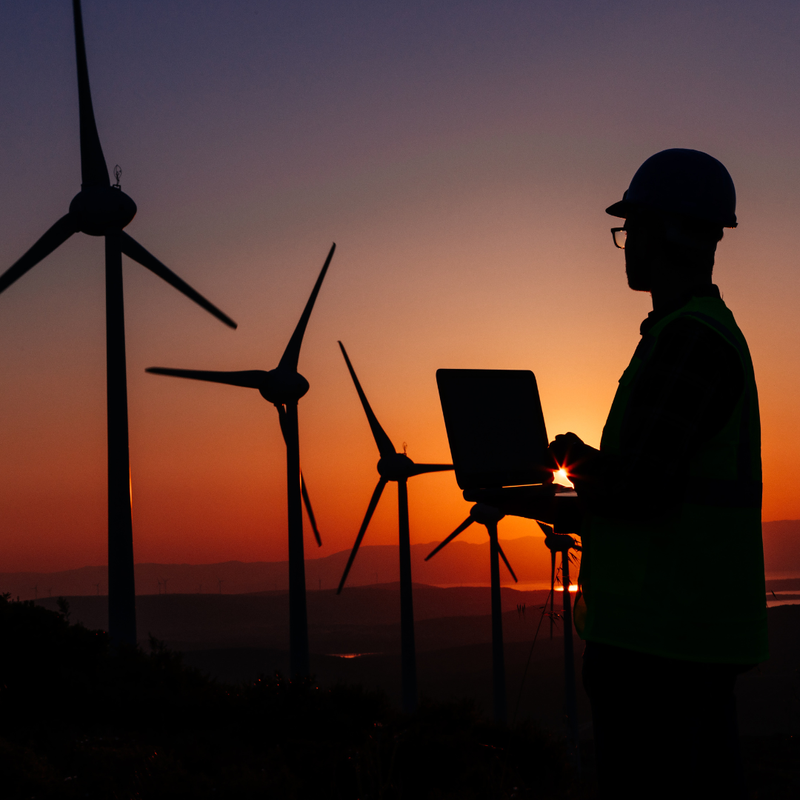
The International Energy Agency (IEA), a global energy watchdog, has recently highlighted the world's inexorable march toward renewable energy but warns that the transition away from fossil fuels is not happening rapidly enough. The IEA had previously predicted that renewables would account for half of the world's electricity by 2030. However, it cautions that greenhouse gas emissions are still too high to prevent global temperatures from surpassing a critical threshold of 1.5 degrees Celsius.
The new IEA report stresses the need to halve investments in fossil fuels, underlining the importance of accelerating the phase-out of these energy sources. Despite these concerns, the report is not entirely pessimistic. It commends the significant strides made by many countries in expanding their use of renewable energy and supports the adoption of electric vehicles and heat pumps instead of traditional gas boilers.
The growth of clean energy and associated technologies is described as "impressive," with an especially noteworthy increase in electric vehicle adoption. In just three years, the proportion of electric cars sold has risen from one in 25 to one in five, demonstrating the undeniable global momentum toward clean energy solutions.
"Renewable resources will provide half of the worlds electricity by 2030. That's according to the IEA (International Energy Agency) in their latest Energy Outlook report. They also tell us what we know: current action is not strong enough to prevent us breaching the 1.5C threshold. We need to work together. We need to put our best people on our best opportunities." - Stewart McArthur, Managing Director at Spencer Ogden
While acknowledging the ongoing role of oil and gas in the global economy, the report contends that current funding levels for these industries are double what is necessary. It encourages these stakeholders to align with clean energy transitions to ensure a sustainable and climate-friendly future.
Despite the transition to cleaner energy sources, the world's continued reliance on fossil fuels places us on a trajectory towards a 2.4-degree Celsius increase in global average temperatures by 2100. This deviates from the 2015 commitment to limit temperature rises to "well below" 2 degrees Celsius and make efforts to stay below 1.5 degrees Celsius to avert the most severe consequences of climate change.
World leaders are set to convene in Dubai for COP28, the UN climate summit, in the hopes of making further commitments to address climate change, including a potential agreement to phase out "unabated" fossil fuels. "Abatement" refers to technologies that can capture emissions released during fossil fuel combustion but are not yet widely available.
Concerns are also raised about the Middle East and the potential impact of escalating tensions on global energy markets. It notes that Middle Eastern countries, including Iran and Saudi Arabia, hold 67% of the world's oil reserves, and any disruptions could further unsettle the global economy.
The IEA suggests parallels with the 1973 oil crisis when Arab oil-producing nations imposed an embargo in response to Western support for Israel, leading to skyrocketing petrol prices, inflation, and high unemployment. Currently, the world is grappling with volatile gas prices, and the IEA believes that the expansion of solar and wind energy will provide a more stable long-term solution to energy volatility, reducing reliance on oil and gas in the years to come.
Topics covered
Keep reading...
All blogs-
Insight reports
The Importance of ED&I in the Renewables Industry
-
Renewables
SIA Contingent Workforce Strategies 3.0: Creative staffing strategies needed for renewable energy...
-
General
Are gravity batteries the solution to the energy storage problem?
-
SOapbox Season Two
The SOapbox Series | Season 2 Episode 1: Discussing the future of energy storage
-
Industry insights
Bridging the Skills Gap: Strategies for Attracting Talent to the Renewable Energy Sector





